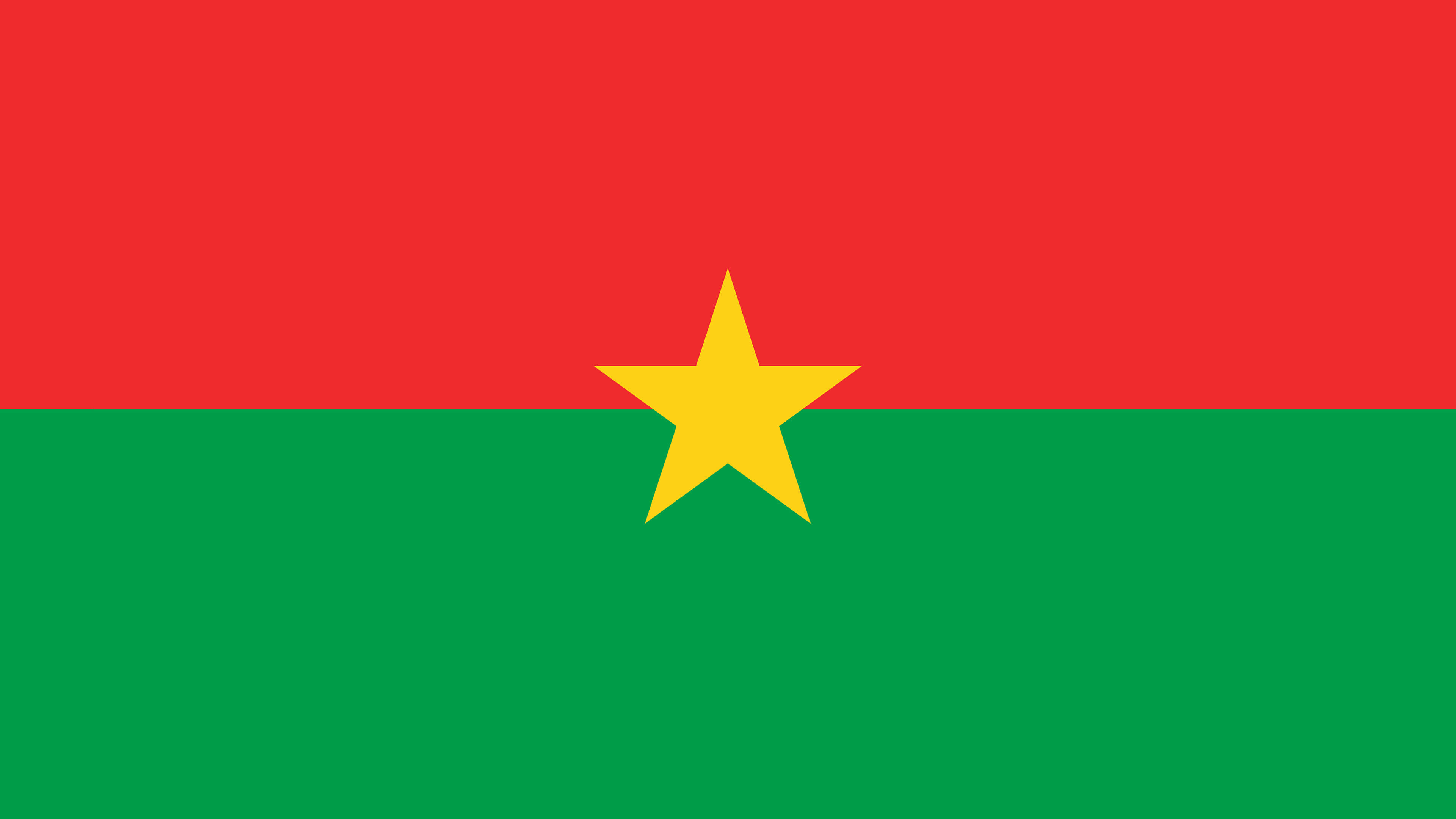Burkino Faso ousted leader, Paul Henri Sandaogo Daminba has offered his resignation to "avoid confrontations".
Religious leaders and community leaders held mediation talks between Damib and the new self-proclaimed leader, Captain Ibrahim Traore.
The second change of leadership in a year started on Friday when military officers announced the deposition of Damiba, the dissolution of the transitional government and the suspension of the constitution.
With a lack of strong democratic institutions in a country where the military has long been dominant, Capt Traoré seized power with a pledge to improve security in a nation living in fear of the militants.
Traore promised to overhaul the military so it is better prepared to fight “extremists”. He accused Damiba of following the same failed strategies as former President Roch Marc Christian Kabore, whom Damiba overthrew in a January coup.
The landlocked state of Burkina Faso has been struggling to contain rebel groups, including some associated with al-Qaeda and ISIL (ISIS).
Since 2015, the country has become the epicentre of the violence across the Sahel region, where thousands of people have been killed and about two million displaced.
Commentators have noted that Burkina Faso has found itself in a cold war rivalry that the conflict in Ukraine has reignited, as Russia seeks to expand its influence in the region.
Read more at Al Jazeera and BBC

